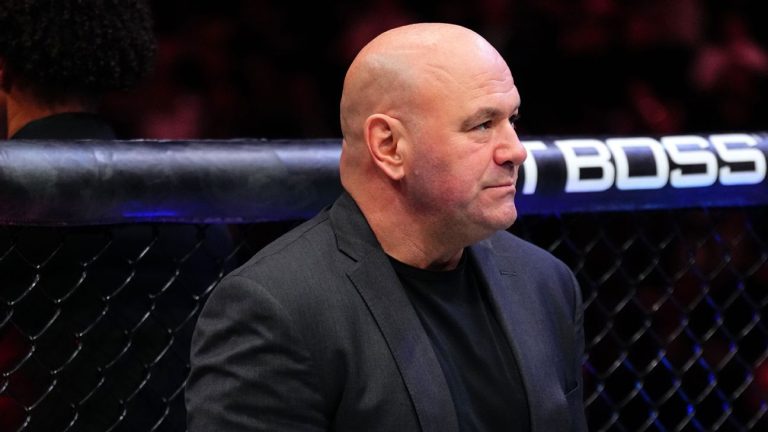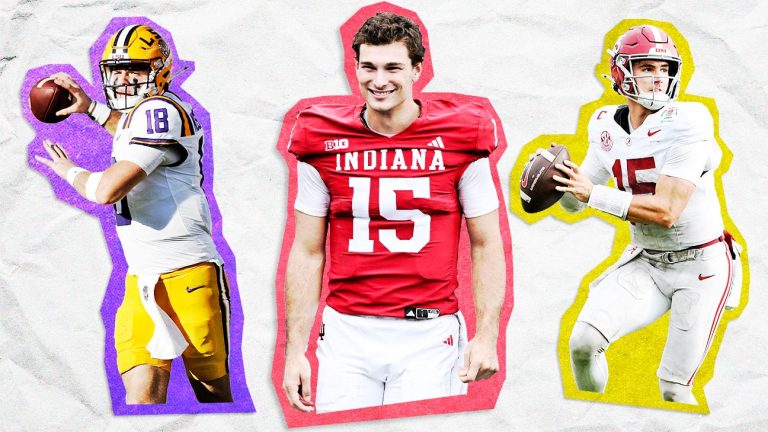For decades, the Olympic Games have stood as the pinnacle of athletic achievement. From track and field to gymnastics and swimming, the event celebrates physical endurance, national pride, and the timeless ideals of sportsmanship. But in the digital age, a new type of competition has emerged—one that doesn’t require a stadium or even a physical playing field. eSports, or competitive video gaming, has exploded into a global phenomenon, attracting massive audiences, lucrative sponsorships, and top-tier talent. The question now looms large: can, or should, eSports become part of the Olympic tradition?
The Growth of eSports
eSports has matured rapidly from its early days in internet cafes and small-scale tournaments. Titles like League of Legends, Dota 2, Counter-Strike, and Valorant draw millions of viewers and fill arenas across continents. Prize pools rival those of traditional sports—The International, Dota 2’s annual championship, once boasted a purse surpassing $40 million.
What began as niche entertainment has morphed into a professionally managed industry, with established teams, training facilities, and worldwide fanbases. For Gen Z and younger millennials, watching eSports is as commonplace as following football or basketball. Twitch, YouTube Gaming, and other platforms have made viewership accessible and personalized, deepening engagement beyond what traditional sports often allow.
The Olympic Conundrum
Despite this surge, the idea of eSports joining the Olympics continues to polarize. On one side are advocates who argue that the Olympics must evolve. If the Games aim to reflect contemporary global interests, then excluding a form of competition followed by hundreds of millions seems like a disconnect. They also point out that eSports demands dexterity, strategy, coordination, and endurance—qualities the Olympic charter has long celebrated.
Yet skeptics hold firm. For many, eSports does not fit the Olympic ethos. The absence of physical exertion in most games is a sticking point, even though sports like archery, shooting, and equestrianism—which emphasize skill over physicality—are already part of the roster. Others raise concerns about the commercial nature of eSports, since game publishers retain ownership of titles and may exert control over competition structures, unlike traditional sports with independent federations.

Trial Runs and Tentative Steps
Despite the debate, the International Olympic Committee (IOC) has dipped its toes into the waters of eSports. In 2021, the Olympic Virtual Series featured digital versions of sports like cycling and baseball. While this event leaned more toward traditional sporting simulations, it marked a significant step in acknowledging digital competition on the Olympic stage.
Further progress came with the 2023 Olympic Esports Week in Singapore, which included games such as Gran Turismo, Just Dance, and Virtual Taekwondo. However, these selections were carefully curated to avoid violent or militaristic themes—indicative of the IOC’s cautious approach to content and optics.
Notably absent from these events were the genre-defining titles that dominate the eSports landscape. Games like League of Legends or Call of Duty have massive followings but feature gameplay that the IOC views as incompatible with its principles. This divide—between what is most watched and what is deemed appropriate—remains one of the largest hurdles to full inclusion.
Structural and Governance Issues
For the IOC, organizational clarity is critical. Every Olympic sport is governed by a federation that oversees rules, officiating, and global development. eSports, by contrast, is fragmented. Each game is owned by a different company, and each publisher sets its own rules and competition formats. There is no single body that can represent the entire industry.
Efforts have been made to bridge this gap. The Global Esports Federation and the International Esports Federation are two entities aiming to act as overarching bodies, but their authority is not yet recognized across all major titles. Without a unified governance model, integrating eSports into the Olympic framework becomes far more complex.
Generational and Cultural Gaps
A less visible, but equally influential, barrier is generational perception. Many within traditional sports institutions still regard gaming as less legitimate, viewing it through a lens shaped by their own sporting experiences. Meanwhile, younger audiences may be indifferent to the Olympics entirely, favoring Twitch streams or YouTube recaps over marathon broadcast coverage.
The inclusion of eSports could, in theory, rejuvenate Olympic interest among younger viewers. But this hinges on the IOC’s ability to engage authentically. Sanitizing eSports to fit Olympic standards may alienate the very audience it hopes to attract. If popular games are excluded due to content or tone, the Olympic version of eSports risks feeling hollow or inauthentic.

A Parallel Track?
Some propose that instead of folding eSports into the traditional Games, the IOC could develop a parallel competition—an “Olympic eGames”—tailored to the digital landscape. This would allow for flexibility in format, content moderation aligned with digital culture, and a chance to experiment without altering the core identity of the Olympics.
Such an event could have its own infrastructure, marketing, and ecosystem, catering to eSports’ unique rhythm. It could even operate on a different cycle, avoiding overlap with the summer and winter games. While this would not satisfy those pushing for full integration, it may be the most pragmatic compromise.
Conclusion: A Long Game
Is eSports destined for Olympic glory? The answer may be neither a resounding yes nor a definitive no. Rather, it’s a slow negotiation between two worlds—one steeped in tradition, the other rooted in digital disruption.
For now, eSports remains on the Olympic periphery: acknowledged, occasionally courted, but not fully embraced. Whether that changes will depend on cultural shifts, generational turnover, and how well the eSports community and Olympic leadership can meet in the middle.
What is clear is that eSports isn’t going away. Its influence on entertainment, media, and youth culture is growing. The Olympics, if it wants to stay relevant in the decades ahead, may eventually need to make room for a new kind of athlete—one who competes not on the track, but in the arena of pixels and code.






